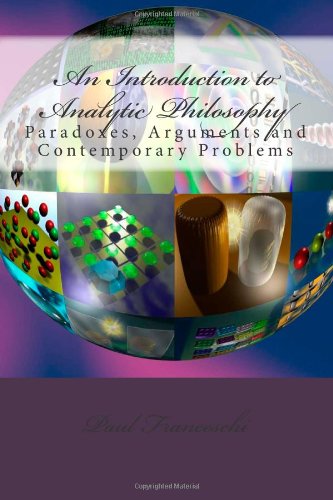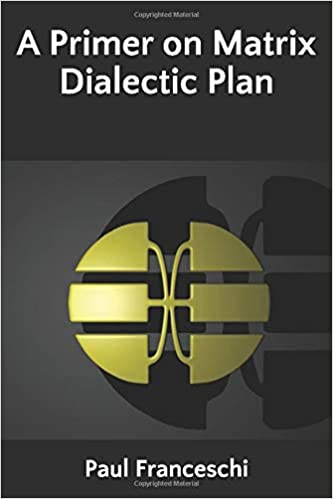An Introduction to Analytic Philosophy

In this book, Paul Franceschi provides us with an introduction to analytic philosophy. In a concrete way, he chooses to describe forty paradoxes, arguments or philosophical issues that represent so many challenges for contemporary philosophy and human intelligence, for some paradoxes of millennial origin—such as the Liar or the sorites paradox—are still unresolved in the present day. Some other philosophical puzzles, however—such as the Doomsday argument—appeared only recently in the literature. The author strives to introduce us clearly to each of these problems as well as to major attempts that have been formulated to solve them.
“I’m really impressed by this very neat and stimulating book. I highly recommend it both to students for pedagogy and general culture (prisoner’s dilemma, twin-earth, etc.), and to professionals as well for the reference tool and even more generally to those who like to think.”
Julien Dutant, Philotropes, Philosophical blog
A Primer on Matrix Dialectic Plan

The book “A Primer on Matrix Dialectic Plan” aims to present in a simple, progressive and illustrated way a methodology created by the author that allows to easily realize a matrix dialectic plan. It is a practical tool that constitutes the direct application of concepts of philosophical essence. Once the principles have been assimilated, it takes only a few seconds to create a dialectical matrix plan, which has a number of advantages over the classic thesis-antithesis-synthesis type dialectical plan.The elaboration of a matrix dialectical plan proves useful in the academic field, for the writing of a dissertation or an assignment in philosophy; in the extracurricular field, for the writing of the test of general subject matter of competitive examinations; and more generally, for the writing of dissertations, theses, reports, reviews, etc. The matrix dialectical plan applies to questions or subjects of the type :
Discuss the following opinion: “Every theory is grey, but green and flourishing is the tree of life. “(Goethe)
Comment on the following assertion: “How can we suffer passion to be equated with reason?” (Seneca)
The book is extensively illustrated. Practical exercises are also presented, with their corrections.